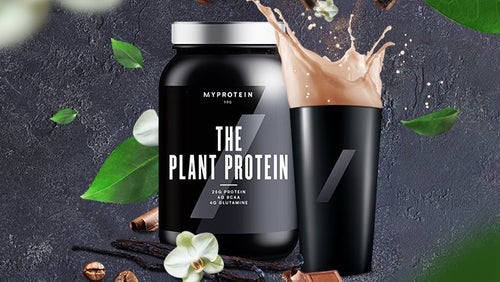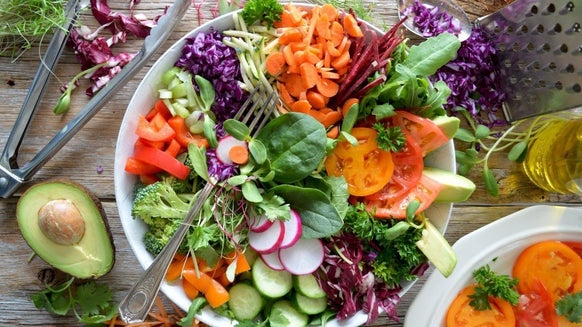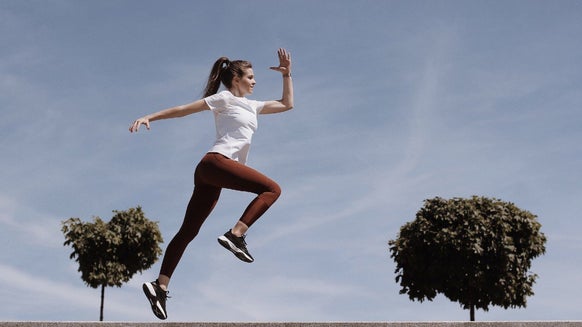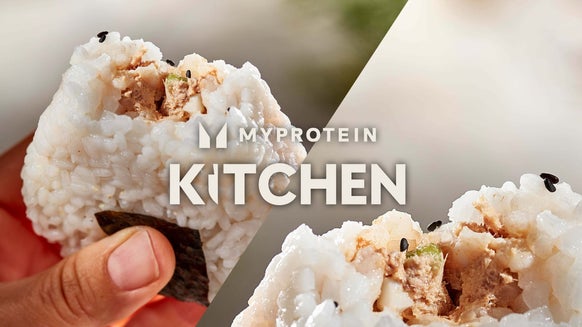
Amidst mass obesity in America, it seems companies and consumers are more health conscious than ever. Fast food titans like Burger King, MacDonald’s, and KFC, most of which are partly to blame for American obesity, are actually launching plant-based alternatives to beef.
On the consumer end, millennials are leading an alternative diet movement, successfully effecting change in the marketplace because of their vegan and plant-based needs.
In fact, 25% of American millennials between the ages of 25 and 34 claim to be vegan or vegetarian according to The World in 2019, a special edition of The Economist released this year. 1
https://www.instagram.com/p/Bh6rSrzF1Xk/
What’s more, films documenting vegan and plant-based movements are crowding twitter feeds and Netflix reels. Films and series like The Game Changers, What The Health, and Cooked are just a few making millennials, sedentary and athletic alike, go green with their routine.
As it turns out, going vegan or plant-based has been shown to yield some serious benefits associated with exercise and athletic performance.
Benefits of Being a Vegan Athlete
1. Leaner Body Composition
Individuals on plant-based and vegan diets benefit from reduced body fat due to consumption of low fat and high fiber foods. 2
As a result, vegan athletes may have a leaner body composition. 2 This comes with it’s own set of benefits.
According to Medicine & Science in Sports & Exercise, team sport athletes as well as acrobatic athletes like divers and gymnasts can improve agility and speed by maintaining a lean body composition.3
2. Sufficient Vitamin and Nutrient Intake
According to Harvard University researchers, individuals who switch to plant-based diets tend to improve their overall health due to the consumption of foods high in vitamins, minerals, and fiber, and low in saturated fat.

Foods like fruits, vegetables, beans, and whole grains help contribute to sufficient vitamin and nutrient intake. 2
However, it should be noted that some vitamins and minerals may be scarce on a plant-based diet. For example, vitamin B-12 may have to be supplemented on a plant-based diet. 2
3. Improved Blood Flow
Plant-based diets have also been shown to improve blood flow, which, in turn, may help to improve athletic performance, especially for endurance athletes. 2
This is because plant based diets are composed of foods generally low in saturated fat, which can slow blood flow and clog arteries.
With healthy blood flow, athletes maintain the stable heart rate needed to perform at a high level.

4. Diversity of Plant-Based Protein Sources
Plant-based protein sources allow individuals to diversify the types of protein in their diet as an alternative to meat or dairy. These are great options for those that are lactose intolerant or vegan.
Some plant-based protein sources to choose from are:
- Watermelon seeds
- Pumpkin seeds
- Peas
- Quinoa
- Chickpeas
- Lentils, seeds, and nuts
Side Effects a being a Vegan Athlete
As with any diet that restricts food choices, there are some concerns for those exercising on a plant-based or vegan diet.
Research shows that plant-based protein sources are often lacking a complete profile of essential amino acids (all 9 EAA’s), which are beneficial for muscle growth, energy production, and nutrient absorption.4
This is why it’s important to supplement your diet with “complete proteins” or types of protein that contain all nine essential amino acids.
In addition, a vitamin of concern for vegans and plant-based dieters is vitamin B-12. Because the main sources of vitamin B-12 are meat, fish, and dairy, vegan athletes should supplement vitamin B-12 into their diets.4
Take Home Message
Plant-based and vegan diets are flourishing in 2019. These types of diets can help reduce inflammation and body fat while improving overall body composition and vitamin and nutrient intake.
When exercising on a plant-based diet, it's important to incorporate a variety of plant-based protein sources in order to meet daily protein requirements and to obtain all the essential amino acids your body would normally get from a omnivorous diet.
Key benefits of being a vegan athlete come down to improved recovery time, cardiovascular support, and a lean body composition. Whether or not being a vegan athlete is right for you will come down to your personal preference.
Need a "complete protein"? Look no further...

THE Plant Protein: An Ultimate Gamechanger For Pure. Plant. Power.
Introducing our plant-based protein — THE Plant Protein...

A Fordham University graduate, Ian majored in communications and media studies with a focus in journalism and a minor in anthropology during his time at college. Here, he wrote for the university newspaper ranked top ten in the nation.
A competitive athlete for most of his life, Ian has spent almost a decade working as an ocean rescue lifeguard in New Jersey. Within that role, he has competed in endurance sports competitions against other lifeguards for the last 8 years.
As a lifelong surfer, Ian spends most of his spare time in the ocean regardless of the time of year. He also enjoys distance running, photography, and frequently spending entirely too much money on concert tickets.
- Parker, John. The Year of The Vegan. The World in 2019. The Economist. 2019.
- Barnard, Neal. Plant-based Diets for Cardiovascular Safety and Performance in Endurance Sports. Nutrients. 2019.
- Nutrition and Athletic Performance. Medicine & Science in Sports & Exercise. 2016.
- Rogerson, David. Vegan Diets: Practical Advice for Athletes and Exercisers. 2017.







